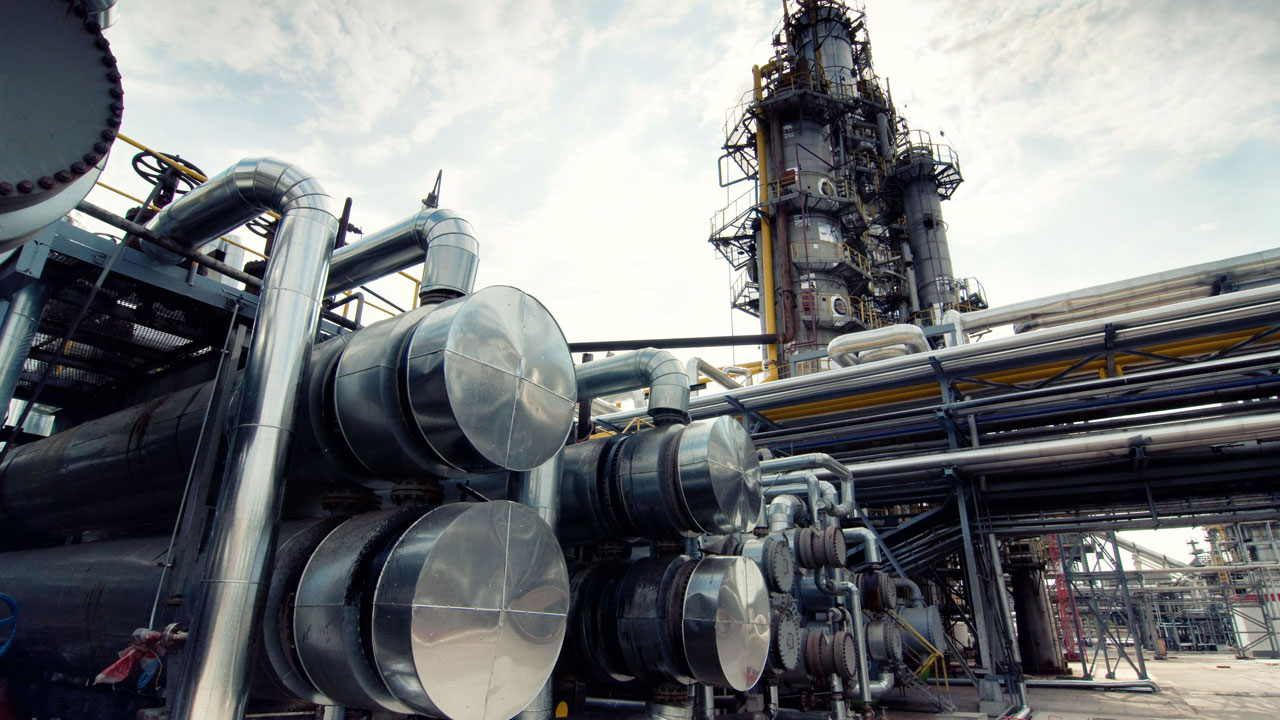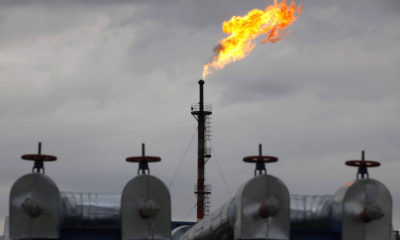- Senate Calls For Diversification to Natural Gas Production
Forty-eight lawmakers on Wednesday initiated a fresh push for diversification from crude oil to natural gas production.
The lawmakers through a motion sponsored at plenary in Abuja by Senator Betty Apiafi (PDP, Rivers) also called for effective monitoring of the Nigerian Flare Commercialisation Programme planned to end gas flaring by 2020.
Senator Betty Apiafi, during a debate, said the World Bank Global Gas Flaring Reduction Partnership report released in 2018 indicated that Nigeria was the sixth-largest gas flaring nation globally and the second-largest in Africa after Algeria.
She noted that despite the flaring of natural gas remaining illegal since 1984, the country remains one of the largest gas flaring nations globally.
She said: “section 3(1) of the Associated Gas Reinjection Act, Cap A25 LFN 2004 states that no company engaged in the production of oil and gas shall after January 1, 1984 flare gas produced in association with or without the permission in writing of the minister.”
According to a data released by the Nigerian National Petroleum Corporation (NNPC) in 2018, oil and gas companies operating in Nigeria flared a total of N215.9 billion standard cubic feet (SCF) of natural gas or N197 billion, she stated.
She said: “Nigeria’s gas reserves are about three times the value of her crude oil reserves with a value of around 202 trillion cubic feet of proven natural gas reserves but despite having the largest gas reserves in Africa, only about 25 per cent of those reserves are being produced or are under development today.” Suggesting that not only is the nation losing billions but also hurting communities located in the region where these oil and gas companies operate.
In the Niger Delta region of the country, gas flares having been hurting communities since the 1960s, stated Apiafa.
“Gas flaring results in the release of methane which is accompanied by other greenhouse gases that account for about 50 per cent of all industrial emissions in the country and 30 per cent of the total carbondioxide emissions, which are harmful to humans,” she noted, stressing that the emission also affect the economy and the environment.
Apiafi explained that the inability of the federal government to enforce laws against gas flaring had exposed people in affected communities to various health issues, destroyed farmlands and crops.
This she said is costing the country billions of dollars.
The lawmaker declared “that natural gas, when harnessed properly, was a source of energy for heating, cooking, electricity generation, fuel for vehicles and chemical feedstock for the manufacture of commercially-important organic chemicals.
“Natural gas is the cleanest burning fossil fuel, it’s safer and easier to store. It is an extremely reliable energy supply source, it causes less damage to humans and the environment, it’s widely available and in abundance in Nigeria.
“Nigeria’s current gas production stands at 253.06 billion cubic feet (bcf), translating to an average daily production of 8,163.58 million cubic feet per day (mmcfpd),” she said.

 Forex2 weeks ago
Forex2 weeks ago


 Naira1 week ago
Naira1 week ago
 Naira4 weeks ago
Naira4 weeks ago
 Company News4 weeks ago
Company News4 weeks ago
 Billionaire Watch1 week ago
Billionaire Watch1 week ago




 Naira2 weeks ago
Naira2 weeks ago




 Naira3 weeks ago
Naira3 weeks ago




 Naira1 week ago
Naira1 week ago
















